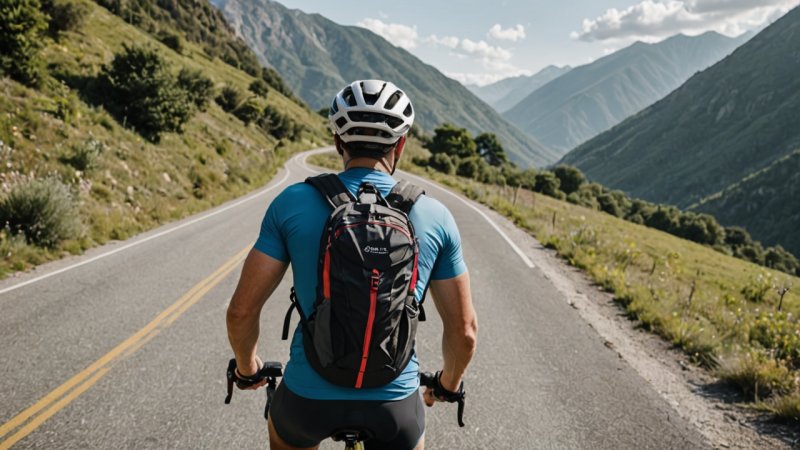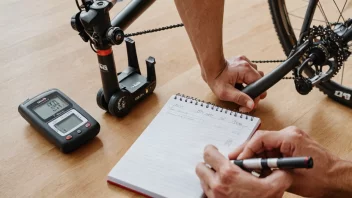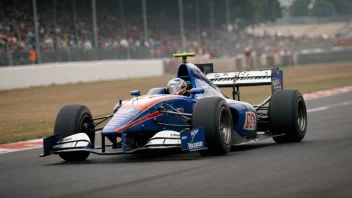What is the importance of nutrition for long-distance cyclists?
Nutrition plays a crucial role in the performance and recovery of long-distance cyclists. It provides the necessary energy, supports endurance, and aids in muscle recovery. Proper nutrition can help cyclists maintain performance levels, reduce fatigue, and enhance overall health.
How much should I eat before a long ride?
Before a long ride, cyclists should aim to consume a meal rich in carbohydrates, proteins, and healthy fats about 2-3 hours before heading out. A good rule of thumb is to include approximately 60-70% carbohydrates in your pre-ride meal to ensure adequate glycogen stores.
What types of foods are best for energy during a long ride?
During a long ride, cyclists should focus on easily digestible carbohydrates such as energy gels, bananas, or sports drinks. These provide quick energy without causing gastrointestinal distress. Additionally, consider incorporating small amounts of protein and fats for sustained energy.
How often should I eat while cycling long distances?
Cyclists should aim to eat every 30-60 minutes during long rides. This can include energy gels, bars, or other snacks that provide a quick source of carbohydrates and electrolytes. Staying hydrated is equally important, so drink water or electrolyte beverages regularly.
What role do electrolytes play in long-distance cycling nutrition?
Electrolytes, such as sodium, potassium, and magnesium, are essential for maintaining fluid balance and muscle function during prolonged physical activity. Loss of electrolytes through sweat can lead to cramping and fatigue, so it's crucial to replenish them through food or electrolyte drinks during long rides.
How can nutrition affect recovery after a long ride?
Post-ride nutrition is essential for recovery. Consuming a mix of carbohydrates and protein within 30-60 minutes after the ride helps replenish glycogen stores and repair muscle tissue. Aim for a 3:1 ratio of carbohydrates to protein for optimal recovery.
Should I consider supplements for long-distance cycling?
While whole foods should be the primary source of nutrition, some cyclists may benefit from supplements, such as protein powders or electrolyte tablets, to support their dietary needs. However, it's best to consult with a healthcare professional or sports nutritionist before adding supplements to your routine.
What are some common nutritional mistakes long-distance cyclists make?
Common mistakes include underestimating the importance of pre-ride meals, neglecting to hydrate properly, and failing to consume enough calories during the ride. Additionally, some cyclists may rely too heavily on sugary snacks, leading to energy crashes.
How can I develop a personalized nutrition plan for long-distance cycling?
To create a personalized nutrition plan, consider your specific needs, preferences, and the intensity of your rides. Keep a food diary to track what works best for you and adjust your intake based on your performance and recovery. Consulting with a sports nutritionist can also provide tailored guidance.
Final Thoughts: Nutrition is a key component of success in long-distance cycling. By understanding the importance of proper fueling, staying hydrated, and planning ahead, cyclists can enhance their performance and recovery. Always listen to your body and adjust your nutritional strategies as needed to find what works best for you.






